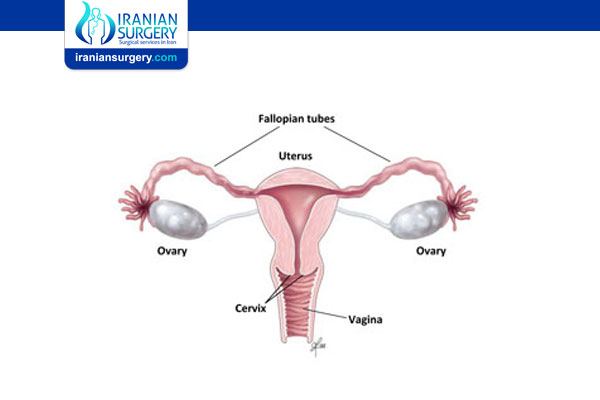Normal Menstruation
Normal Menstruation
What is Menstruation?
Menstruation is the monthly shedding of the lining of your uterus (more commonly known as the womb). Menstruation is also known by the terms menses, menstrual period, cycle or period. The menstrual blood — which is partly blood and partly tissue from the inside of your uterus — flows from your uterus through your cervix and out of your body through your vagina.
What is a normal menstrual cycle?
The menstrual cycle is a term used to describe the sequence of events that occur within your body as it prepares for the possibility of pregnancy each month. A menstrual cycle is considered to begin on the first day of a period. The average cycle is 28 days long; however, a cycle can range in length from 21 days to about 35 days.
The steps in the menstrual cycle are triggered by the rise and fall of chemicals in your body called hormones. Your pituitary gland (in your brain) and your ovaries (in your reproductive tract) make and release certain hormones at certain times during your menstrual cycle that cause the organs of your reproductive tract to respond in certain ways. The specific events that occur during your menstrual cycle can be described as follows:
. The menses phase: This phase, which typically lasts from day one to day five, is the time when the lining of your uterus is actually shed out through your vagina if pregnancy has not occurred. Most people bleed for three to five days, but a period lasting only two days to as many as seven days is still considered normal.
. The follicular phase: This phase typically takes place from days six to 14. During this time, the level of the hormone estrogen rises, which causes the lining of your uterus (called the endometrium) to grow and thicken. In addition, another hormone — follicle-stimulating hormone — causes follicles in your ovaries to grow. During days 10 to 14, one of the developing follicles will form a fully mature egg (ovum).
. Ovulation: This phase occurs roughly at about day 14 in a 28-day menstrual cycle. A sudden increase in another hormone — luteinizing hormone — causes your ovary to release its egg. This event is called ovulation.
. The luteal phase: This phase lasts from about day 15 to day 28. After the egg is released from your ovary, it begins to travel through your fallopian tubes to your uterus. The level of the hormone progesterone rises to help prepare your uterine lining for pregnancy. If the egg becomes fertilized by a sperm and attaches itself to your uterine wall, you become pregnant. If pregnancy does not occur, estrogen and progesterone levels drop and the thickened lining of your uterus is shed during the menstrual period.
At what age does menstruation typically begin?
People start menstruating at the average age of 12. However, you can begin menstruating as early as 8 years of age or as late as 16 years of age. People stop menstruating at menopause, which occurs at about the age of 51. At menopause, you stop producing eggs (stops ovulating). Menopause is defined as one year without periods, and after this time you can no longer become pregnant.
What are some of the symptoms of a normal menstruation?
. Moodiness.
. Trouble sleeping.
. Food cravings.
. Cramps in your lower abdomen and back.
. Bloating.
. Breast tenderness.
. Acne.
What symptoms may indicate a need to contact my doctor about my period?
Contact your doctor or healthcare provider if:
. You haven't started menstruating by the age of 16.
. Your period stops suddenly.
. You're bleeding for more days than usual.
. You're bleeding more heavily than usual.
. You have severe pain during your period.
. You have bleeding between periods.
. You suddenly feel sick after using tampons.
. You think you might be pregnant — for example, you have had sex and your period is at least five days late.
. Your period has not returned within three months after stopping birth control pills and you know you're not pregnant.
. You have any questions or concerns about your period or possible pregnancy.
Source:
. https://my.clevelandclinic.org/health/articles/10132-normal-menstruation


